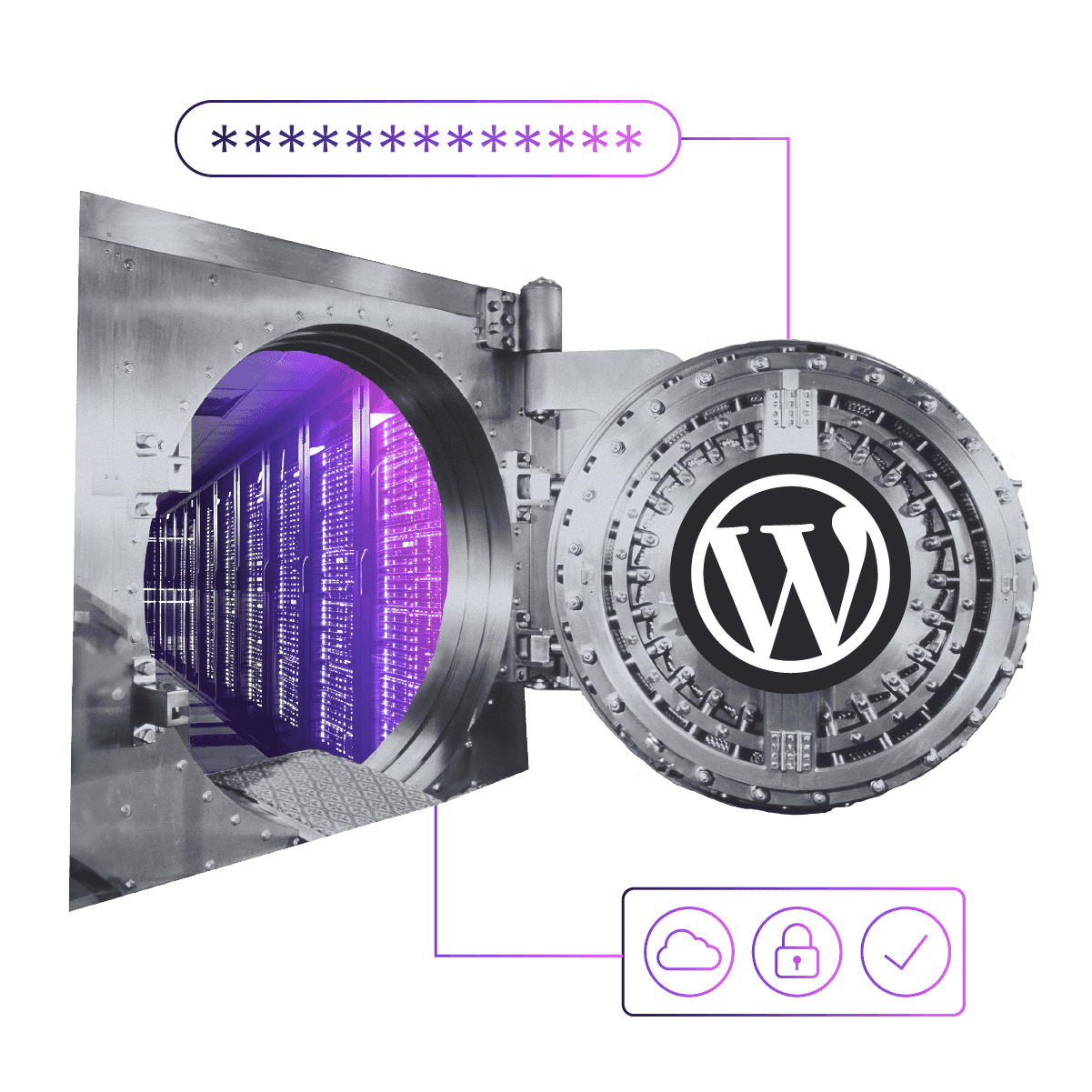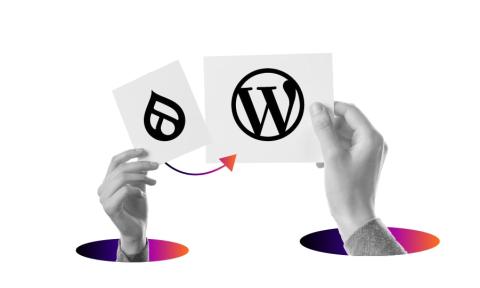Pantheon Hero Spotlight: Monica Flores, Technical Project Manager
Image

Make a difference in the world by doing what you love.
If Monica Flores had a mantra, that’s what it would be. A veteran Drupal coder, Monica promotes philanthropy to create positive change through technology. From working with Green America to doing her part to harvest wind and lower CO2, Monica uses her superpowers for the good of people, communities, and the world.
We recently talked to this Pantheon Hero about how she started in nonprofit work, what it means to her personally to make a difference, and what’s on the horizon for technology.
Tell us about your current role. What do you do at Lullabot?
I’m a technical project manager. I'm responsible for supporting contributors, rather than being responsible for the code. It's more people and time management, deliverables, proposals, functional specs and working with the client, and that's very interesting to me.
I have one major client and our small team works in an Agile fashion with them to help with their marketing and communications. It’s a great experience. On my team, we have a front-end developer, a back-end developer, and a designer.
How did you get started? What were the early days of coding like for you?
I first learned how to code in 1999 for a nonprofit called The Odyssey. We traveled for 18 months through 35 countries and focused on different themes, such as women’s rights in Egypt or families and relationships in Iran. We worked with local grassroots and community-based organizations to highlight luminaries.
After that, I was in San Francisco during the dot-com boom and worked for the NBC Olympics. That was a big website for me. From there, I launched my consulting practice and worked for clients in academia, nonprofit, education, and membership organizations.
I came to Washington, DC and worked on the changemakers.com redesign and then the Green America website. We were one of the first teams in the nonprofit sector to move to Drupal 8. GreenAmerica.org helped the organization attract more funding, more support, more sponsorships, and it just looks more professional.
What drew you into the Drupal space?
In 2008, I moved to Drupal and never looked back. It's been such a great tool for the types of work that our clients need. It's very flexible and easy to spin up content types.
The collaborative nature is one of the values I've tried to work on in terms of my involvement in the open source community. I really enjoy and appreciate the opportunity to network with people. I think one of the things that makes a difference in the open source community is people can talk to the maintainer of the actual code, or they can ask the person or the community about specific issues. People are building solutions directly for a specific issue. It’s all about solving and sharing solutions with the community.
For those of us who make a living off Drupal, we're building this huge base of vetted code by professionals. Having that support and being able to spin something up and have a client pay you for it is based on this underlying collaborative nature.
Speaking of collaboration...what do you think makes for a successful WebOps team?
My answer to that is twofold. First, the people. You want people to bring everything they have to the table. I want people to flag issues early. I want them to poke holes in a hypothesis or come up with three or four different solutions and not feel like their input is not welcome or valued.
Second, is corralling everyone to get on board with the vision. You need a variety of people that are very good at what they do. The more types of people you have on your team, the better your end product will be, because it goes through so many iterations; so many brains work on the problem and you get a better solution.
Finally, one thing that’s interesting to me is the definition of success. The project needs to launch on time, but the technical team also needs to be happy because it wouldn't be a success if everybody that worked on the project was burned out. So, we want to balance everybody's needs and find a healthy balance where everybody enjoys the work.
During the next five years of web development, how do you think things will change?
Tools and services are coming forward that are creating an equal playing field. If you have an idea or someone else has an idea, they can implement it with less friction than in the past. People create no-code websites. My hope is that we can get more and more innovative solutions to bigger structural problems.
For example, Arcadia, which is based here in DC, is a power company that buys wind energy and the solar energy that gets generated. They then track the energy that is coming from renewable sources and sell it to end consumers. Arcadia brings those customers together completely online. They use tech to connect their systems and I get the benefit of supporting wind energy, of saving CO2 and making a difference.
I don't know if this would have been possible even five years ago. I'm hopeful this type of solution will start to bubble up and tech will play a larger role in the future. So many of these products came about because somebody had a dream.
If you have a vision and there isn't anything on the market to support it, find the tools to build it because that solution is so necessary if it solves a problem. We need to level the playing field and give people the tools to build our future. And again, Pantheon plays a great role in that.
Do you have a dream project you’d like to work on?
My skills are in problem solving, communication, organizing, and working with very different types of people to come to a common consensus. My superpower is articulating what someone’s big goal is and breaking that down into something that we can build.
I really enjoy working with disparate groups of people and supporting women. I've been able to organize that into different volunteer, community and board work. Right now, I'm in a good place where I'm using my knowledge and skills to make a positive difference and that's really all I could ask for. It’s all about making the world a better place.
Why do you feel it’s important for women to be more visible in web development?
Part of my commitment to myself during the last five years has been to be more representative; representation matters. If I was a little girl and looked around, I would like to see somebody who looked like me in front of the room, or on a panel discussion, or making a demo.
Here in DC, we work with women to spin up the Pantheon side: just having somebody to talk to gets you through that initial hurdle. My aim is that if people can see how tech is a part of their process, it doesn't have to be a blocker, and they can leap forward. Those types of projects and services can help their own communities, especially when more women can step to the front and learn and have those tools available to them.
What makes you recommend Pantheon to nonprofit clients?
I've always recommended it because it's just so easy. It makes a lot of sense to people who may not have technical prowess. In the past, you'd have to know PHP or my SQL. You'd have to figure out your database tools and how to make the connection strings. With Pantheon, it literally is a click. You don't have to spend all of your processing power and time and energy trying to figure it out. You can just start building the product to serve your clients, to serve your customers, to make a difference in your community.


